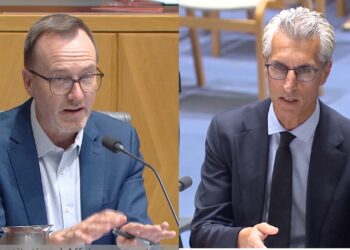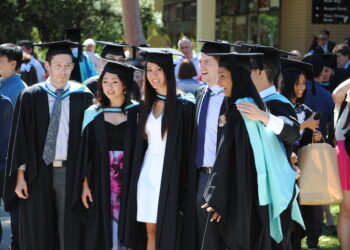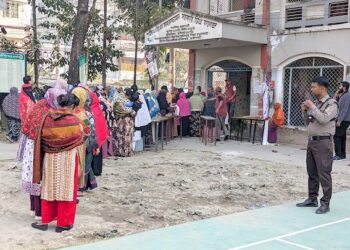Zaneta Mascarenhas, the newly elected Labor Member for Swan in the House of Representatives used her maiden speech to outline her hopes for what the Albanese Labor Government will do for the nation, State and community.
“I am proudly Australian with Goan Indian heritage,” Ms Mascarenhas, dressed in a stunning red saree, said.
“This is the most multicultural Parliament we’ve had in history.”
“This is what modern Australia looks like – well, almost – this is not the high-water mark.”
“The public have spoken. They want to see a Parliament that reflects their community.”
Both of Ms Mascarenhas’ parents were born in Goa, on the southwestern coast of India, and they lived in Kenya before they migrated to Australia.
Ms Mascarenhas said during her speech 45 per cent of people in Swan were born overseas and nearly two-thirds of people in Swan had one or more parents born overseas.
“My story — my Australian story — would not be possible if it was not for a Federal Labor government,” she said.
“When my Goan Indian parents went to the embassy in Kenya, they said to my dad ‘You have the right skills but you’re the wrong colour’.
“My parents came to Australia after Gough Whitlam dismantled the last parts of the white Australia policy.
“This story taught me two things: politics is personal and politics can transform lives.”
She also used her speech to warn Australia’s bushfires and floods would increase in “frequency and intensity” due to global warming and labelled the events “unnatural disasters”.
The engineer, who made headlines during the election campaign when it emerged she had volunteered for a climate change organisation that wanted the introduction of a carbon tax, said Australia had taken “a battering” in recent years.
“With climate change we will see an increase in the frequency and intensity of these events. We can’t call these ‘natural’ disasters anymore. Humankind has had a role to play – they are unnatural disasters.”
Ms Mascarenhas said Australians had stepped up and supported each other amid the loss of property and lives, but “just like an elastic band, there is a breaking point”. The nation, she continued, was at a stage where both climate adaption and mitigation were required.
Born in Kalgoorlie and raised in the nickel mining town of Kambalda, she told how her father lost his job as a fitter and turner when aged 56 as she called for a “just and orderly transition” that created well paid, secure “jobs of the future” in the regions.











